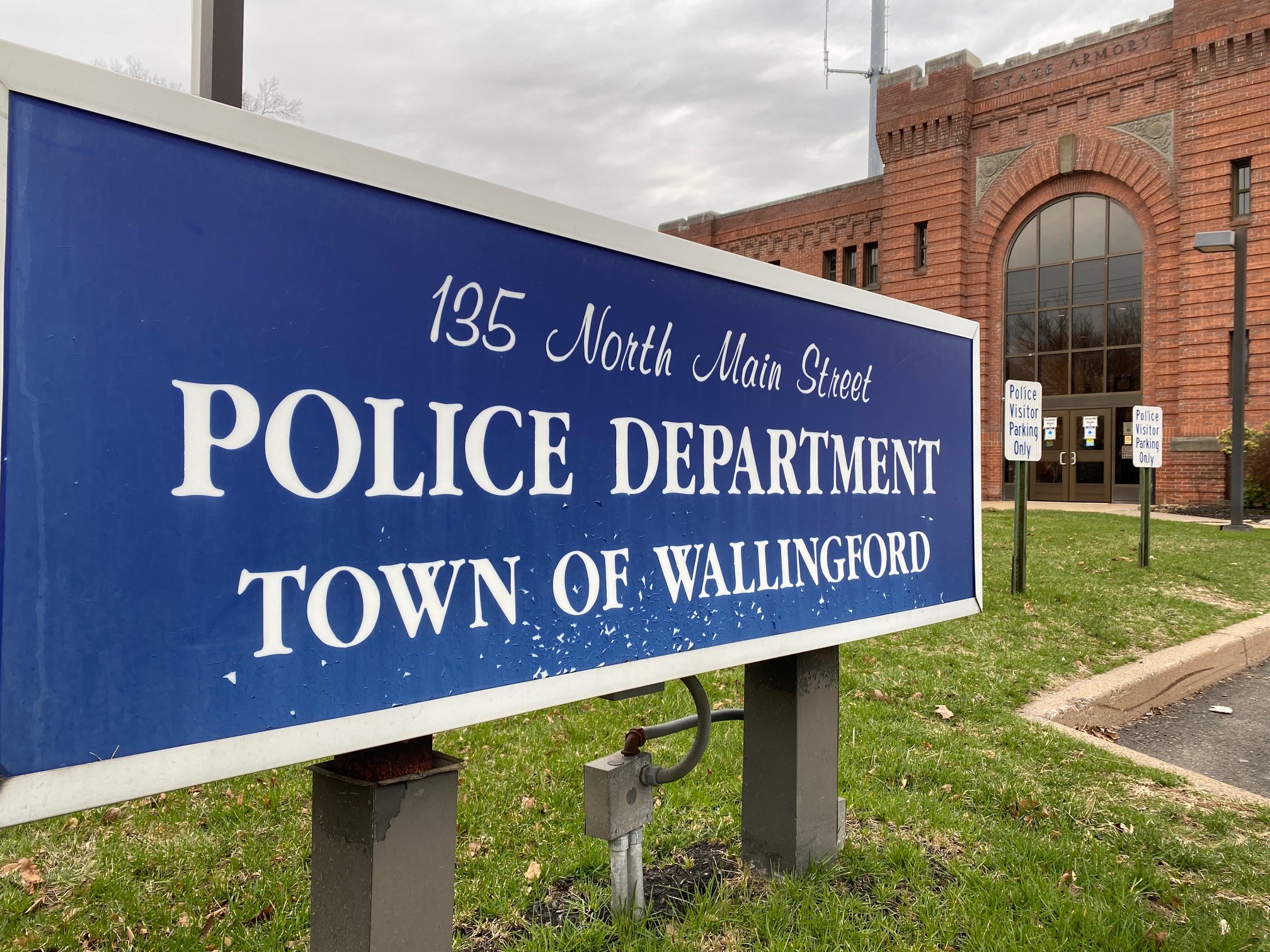DNA has helped Meriden police solve a 32-year-old mystery and led them to the mother of a newborn baby boy who was found at the base of a tree on Jan. 2, 1988 after dying from exposure.
Police located the woman earlier this month and said she admitted to being the baby’s mother and told police that she’d been waiting 32 years for them to knock on her door.
Police identified her Tuesday as Karen Kuzmak Roche.
No charges are expected in the case. Police said the statute of limitations on manslaughter is 20 years.
Meriden police started working with a national organization that specializes in genetic DNA testing to try and identify the mother of the unknown boy who was found abandoned and frozen in a parking lot on Evansville Avenue in South Meriden on Jan. 2, 1988.
While working to close the case, police have honored the baby -- naming him David Paul -- because, they said David means “God’s Beloved” and Paul means “Little Man."
A local resident donated a burial plot and police have held annual memorial services for the infant, vowing never to forget him.
Local
DNA HELPS SOLVE THE CASE
A detective who had started working for a state agency had the fortuitous opportunity to meet Colleen Fitzpatrick, a forensic genealogical consultant, founder of Identifinders International and co-executive director of the DNA Doe Project. She agreed to take on the case, police said.
In August 2011, DNA was a new tool to law enforcement. Detectives started looking into what they could do then that they had not been able to do before.
Investigators approached the state forensic lab about doing a family tree-based search using David Paul's DNA, but they could only enter profiles into their system, and they had already done that with the mother's DNA. There were just two agencies that were able to do the type of search they were looking for -- including one at the University of North Texas.
Around 2012, a retired detective attended a training seminar Fitzpatrick held, and she expressed an immediate interest in the case and decided to take it on.
Fitzpatrick said she came up with a possible last name in 2014.
Five years later, in March 2017, Fitzpatrick reached out to Meriden police and offered an opportunity that would eventually lead them to the solution of the case -- genome sequencing of DNA profiles. There was also private funding for a proof of concept study to see if it would lead them to identify Jane and John Does.
Fitzpatrick said Dr. Margaret Press, another forensic genealogist, had contacted her in 2017 about trying to use autosomal SNP testing -- the "big Geneology -- the kind that eventually identified the Golden State Killer."
The genealogists went to Meriden police with the idea, and Fitzpatrick said this is a landmark case, and the department trusted them with the DNA sample.
"This is one of two original cold cases that were approached using this new way of doing things," Fitzpatrick said. "This was a year before the Golden State Killer."
DNA led to distant family relatives, and police followed up on the leads.
Then, in February 2019, Fitzpatrick reached out to police about another DNA type that federal law enforcement was using to search profiles -- family tree DNA -- and she wanted police to get profiles in before the site shut down the ability to add new profiles.
Police approved it, added the profiles, and revealed the closest match so far -- a second or third cousin -- according to police.
In November 2019, investigators were planning to go to Florida to talk to the closest relative found through a DNA match.
The day before that trip, a lieutenant received a message from Fitzpatrick. She would be coming to Connecticut on unrelated business and wanted to meet in person about the case.
She revealed that DNA had identified another distant relative to David Paul's mother, and there were female family members who lived in the neighborhood where the baby was found, police said.
"On the 32nd anniversary of finding David Paul, the decision was made to make contact with one of these relatives. The contact led us today in finding closure for the David Paul case and the City of Meriden," Police Chief Jeffry Cossette said.
Police approached the baby's mother on Jan. 2, 2020, on the 32nd anniversary of finding the baby and obtained an admission from the woman, police said.
"(The woman) admitted to waiting 32 years for the day in which police would be knocking on her door regarding this incident," Cossette said.
Last week, the state forensic lab made a positive DNA match, police said.
Authorities said during a news conference Tuesday that the mother indicated that she had a lot of remorse.
She was 25 years old in 1988, police said, and told investigators that she was in a bad state of mind at the time and that she'd delivered the baby herself, dropped the baby at the base of a tree and called a volunteer fire department at the time, indicating only that there was something they should look for.
Firefighters went to the area and searched, but did not find anything. The baby was left in a wooded area, at the base of a tree, police said.
CONNECTICUT SAFE HAVEN LAW
According to police, she made mention that had the Safe Haven Law been in existence when the baby was born that she would have taken advantage of it.
Connecticut adopted Safe Haven legislation in 2000, and it was modeled after an existing Texas law.
The Safe Haven Act allows a parent to voluntarily give up custody of an infant who is 30 days or younger, and the parent will not be subject to arrest for abandonment. The act does not protect the parent from being arrested and criminally prosecuted if abuse or neglect has occurred.
Police said they believe the baby was left on Dec. 28, 1987, and he was found five days later.
Police said they do not believe that the baby's father was aware of what happened.
The news conference came nearly a week and a half after police held the 32nd memorial service.



